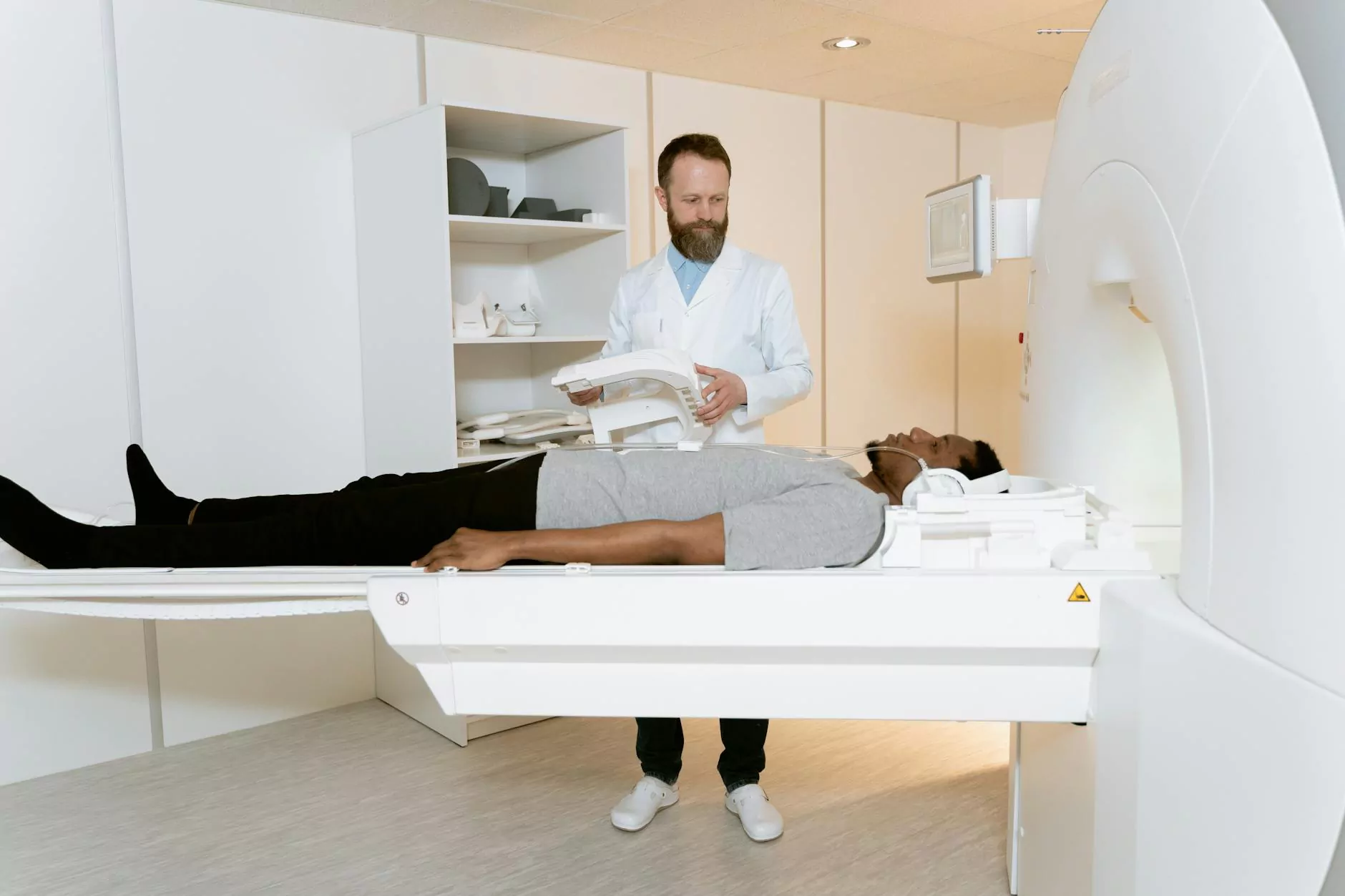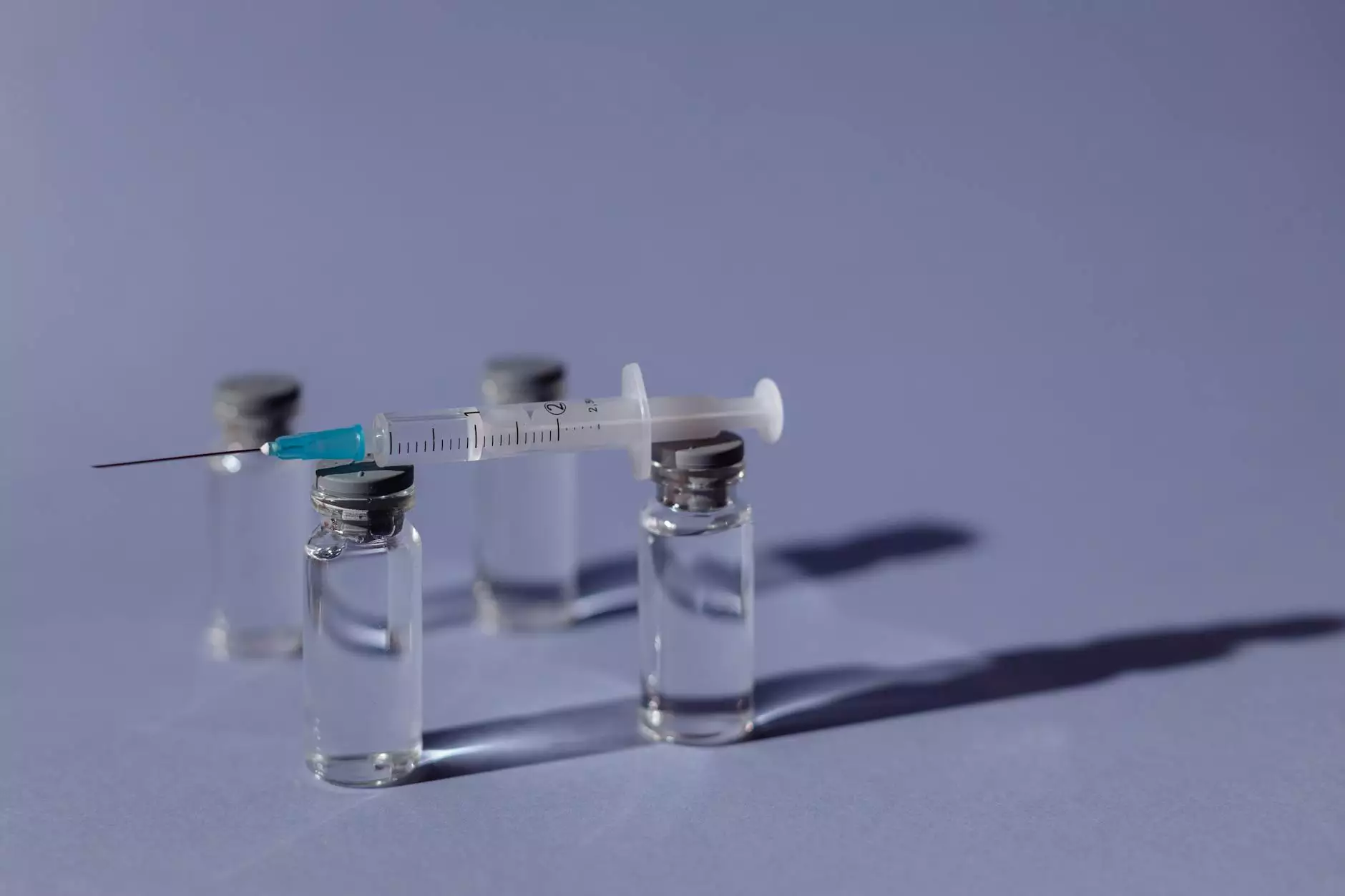Low Testosterone Myths—Learn the Truth
Health
The Importance of Understanding Low Testosterone
As a leading provider of men's health services in the Health category, CHI St. Luke’s Health - Performance Medicine aims to debunk common myths surrounding low testosterone. Our team of experts believes that empowering individuals with accurate information is crucial, as misinformation can lead to unnecessary concerns and missed opportunities for effective treatment.
Myth 1: Only Older Men Experience Low Testosterone
Contrary to popular belief, low testosterone can affect men of all ages. While it is true that testosterone levels naturally decline with age, medical conditions, lifestyle factors, and genetic predisposition can contribute to low testosterone at any stage of life. Early recognition and treatment are key to maintaining optimal health and vitality.
Myth 2: Low Testosterone Only Affects Sexual Function
While sexual function can be impacted by low testosterone, it is essential to understand that this condition can have wider implications for overall well-being. Testosterone plays a crucial role in various bodily functions, including muscle mass maintenance, bone density, mood regulation, and cognitive function. Addressing low testosterone can help improve not only sexual health but also quality of life.
Myth 3: Testosterone Replacement Therapy is Unsafe
There has been some controversy regarding the safety of testosterone replacement therapy (TRT). However, when prescribed and monitored by experienced healthcare professionals, TRT can be a safe and effective treatment for diagnosed cases of low testosterone. Our team at CHI St. Luke’s Health - Performance Medicine follows best practices to ensure the safety and well-being of our patients, providing personalized TRT plans tailored to individual needs.
Myth 4: Low Testosterone is Part of the Normal Aging Process
While testosterone levels do naturally decline with age, experiencing symptoms associated with low testosterone is not an inevitable part of the normal aging process. It is important to differentiate between normal age-related changes and hormonal imbalances that require medical intervention. CHI St. Luke’s Health - Performance Medicine offers comprehensive evaluations to accurately diagnose low testosterone and recommend appropriate treatments.
Myth 5: Lifestyle Changes Cannot Impact Testosterone Levels
Adopting healthy lifestyle habits can positively influence testosterone levels. Regular exercise, a balanced diet, adequate sleep, stress management, and weight control are all factors that can contribute to overall hormonal balance. Our team of experts provides guidance and creates personalized plans to support lifestyle modifications that promote hormonal health.
Expert Care and Guidance at CHI St. Luke’s Health - Performance Medicine
At CHI St. Luke’s Health - Performance Medicine, we understand the significance of debunking low testosterone myths. Our commitment as a leader in men's health care is to equip individuals with accurate knowledge, providing comprehensive evaluations and personalized treatment plans. With our expertise, you can experience improved well-being and regain optimal vitality.










